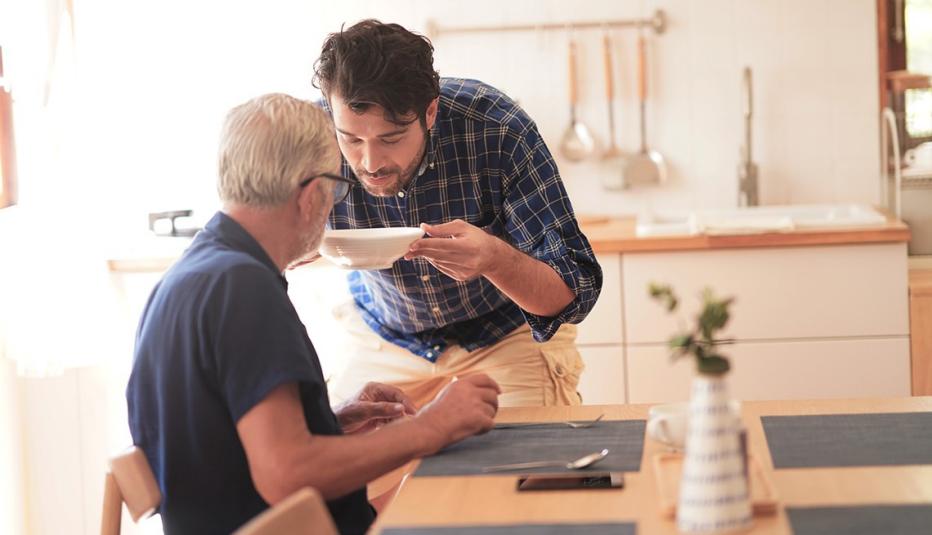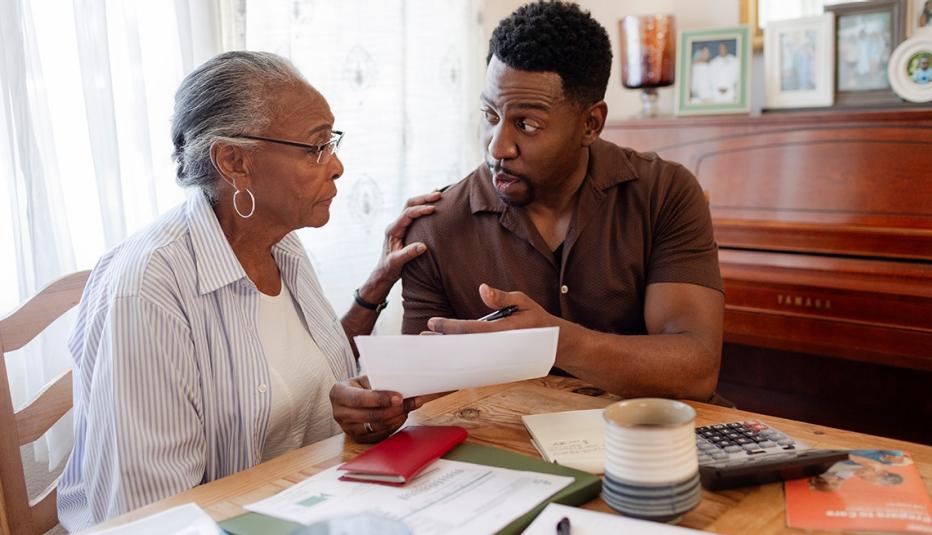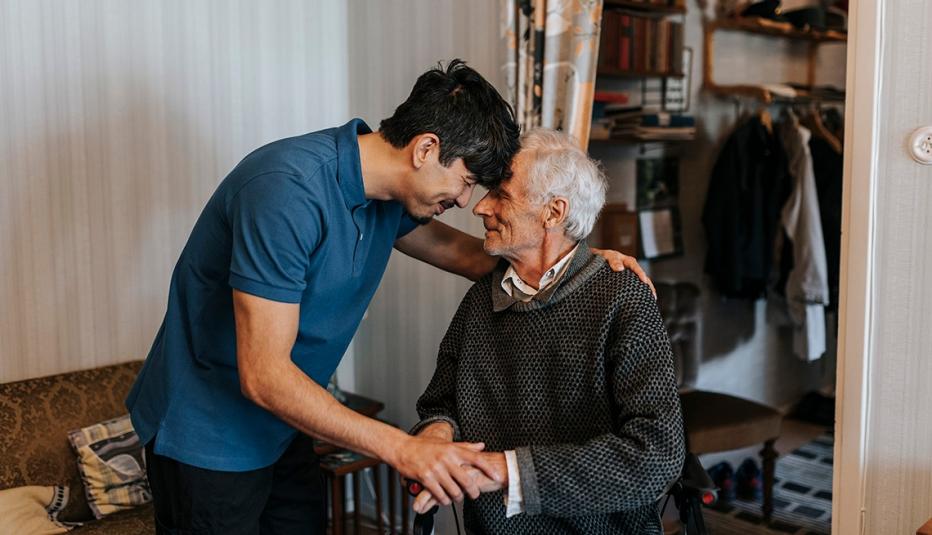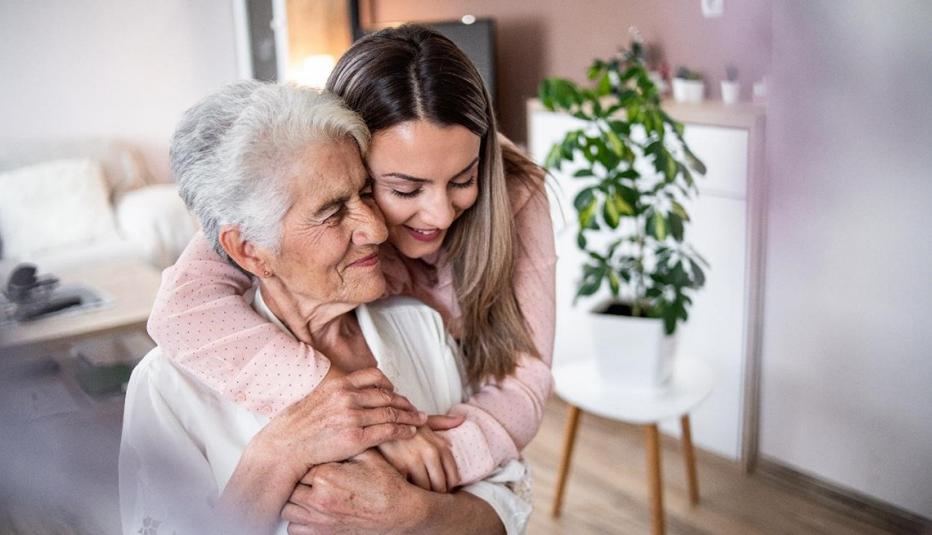AARP Hearing Center
This study builds on the landmark Home Alone study, which was the first national look at how family caregivers are managing medical/nursing tasks, such as managing medications, changing dressings, and other tasks in the home setting, that are typically performed by trained professionals in hospitals.
Home Alone Revisited affirms many of the findings of the 2012 study and adds new information about targeted issues. Because these are two cross-sectional samples, it is not possible to draw conclusions about trends—instead, we can report on the current prevalence of caregiving issues and the perceptions of caregivers at this time.
The 2012 Home Alone research sparked a passionate response from family caregivers who advocated for the Caregiver Advise, Record, Enable (CARE) Act. Home Alone Revisited asked about health system supports, including the requirements of the CARE Act.
Home Alone Revisited oversampled multicultural groups to ensure multicultural representation and investigated generational differences. Difficult tasks such as preparing special diets, managing incontinence, and dealing with pain were explored in depth.
Major findings of Home Alone Revisited include:
- Family caregivers are largely on their own in learning how to perform medical/nursing tasks such as managing incontinence and preparing special diets.
- Most family caregivers who perform medical/nursing tasks feel they have no choice.
- Seven out of ten family caregivers performing medical/nursing tasks face the practical and emotional burden of managing pain.
- Multicultural family caregivers are more likely to experience strain and worry about making a mistake, regardless of income.
- Caregiving is a cross-generational issue for both women and men.
- Social isolation compounds difficulties with complex care, across generations and cultural groups.
- The CARE Act is now law in 42 states and seems to be making a difference, but only 20% of family caregivers were given at least 24 hours’ notice of hospital discharge.
Related Information:
Supporting Family Caregivers Providing Complex Care
Family Caregiver Supports in Medicare Advantage Plans






































































